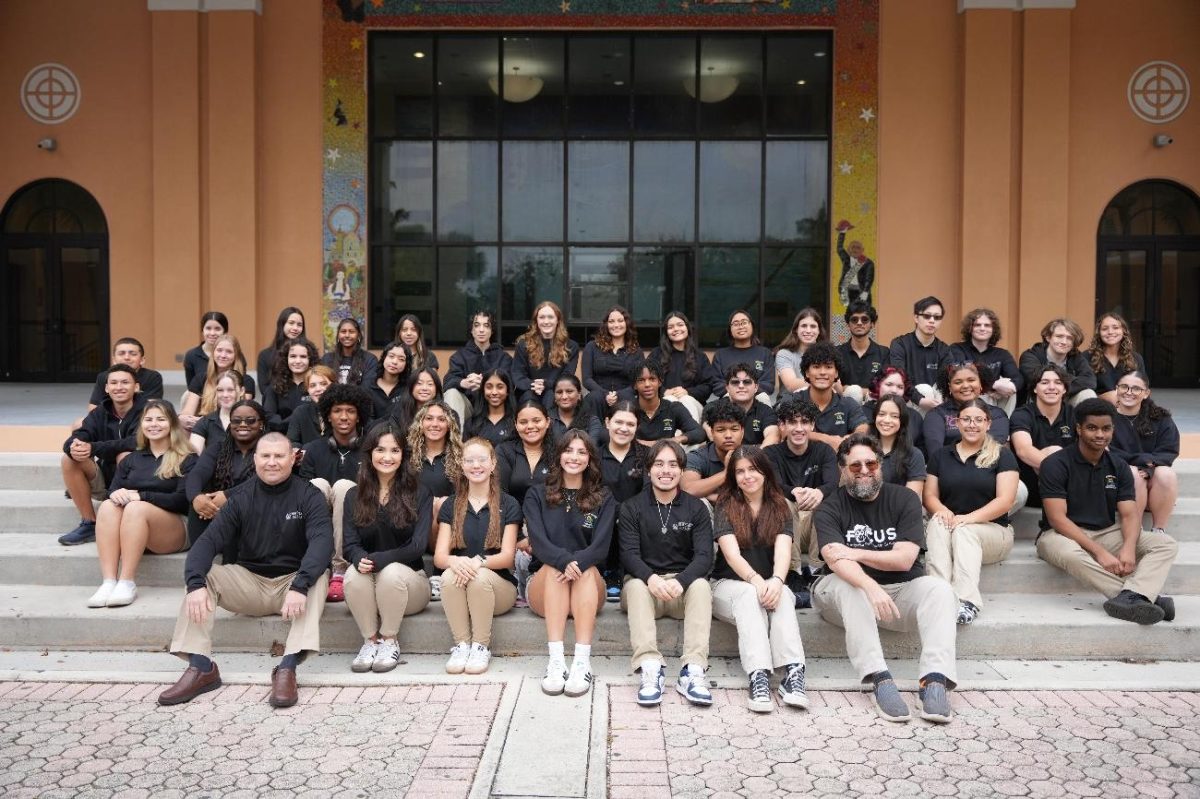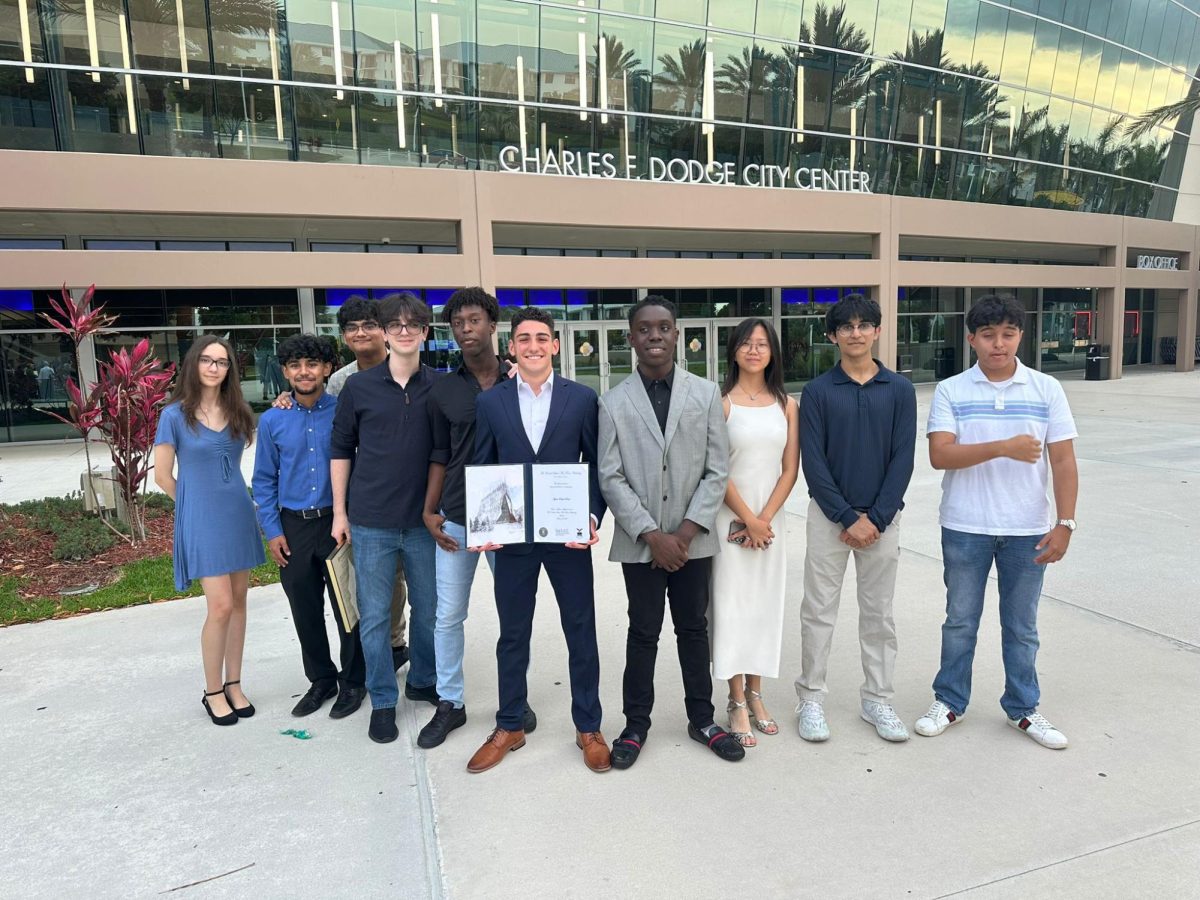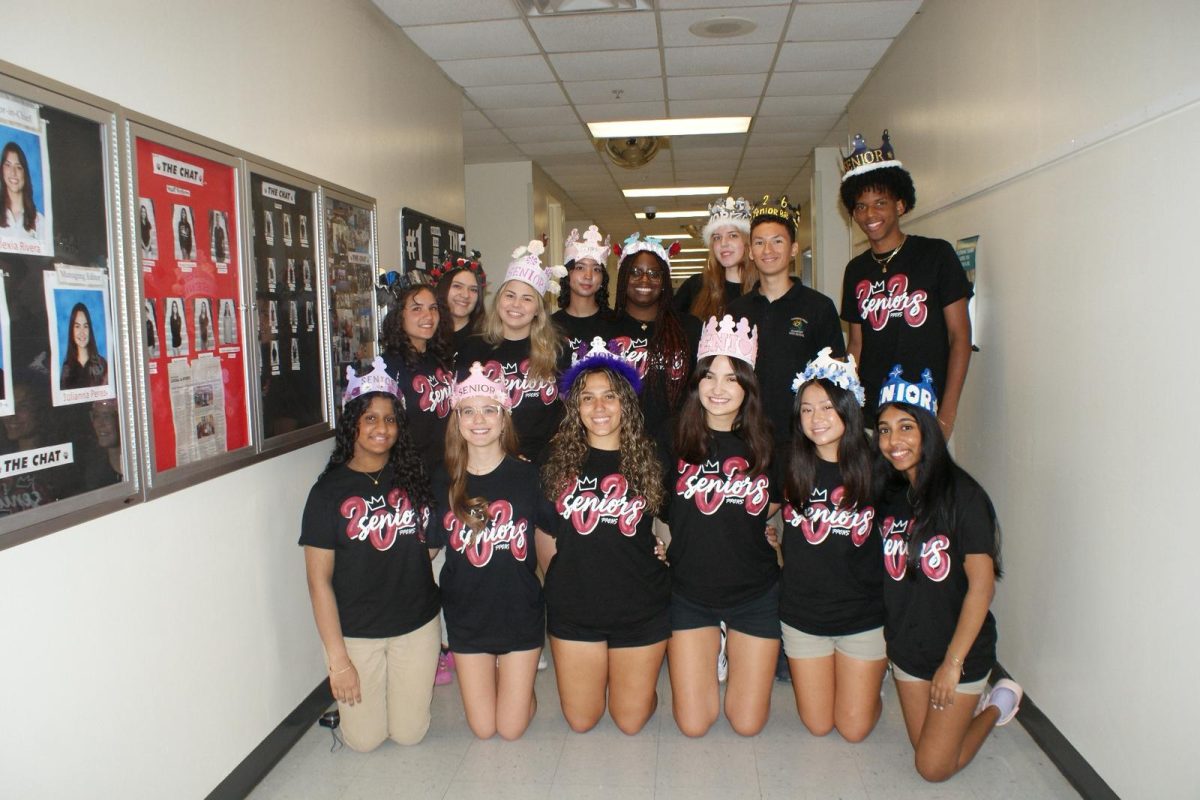Marcellus Williams, convicted of the 1998 first-degree murder and burglary of Felicia (Lisha) Gayle in 2001, was executed in Missouri last Tuesday, Sept. 24. The execution occurred during a week in which five men were executed in the U.S. Executions had previously been in decline.
Williams was accused of breaking into Lisha Gayle’s house, stealing multiple items, and stabbing Gayle 43 times. However, fingerprints and hair found at the scene did not match Williams’ profile; the knife he allegedly used was mishandled and did not contain any of his DNA.
Gayle’s husband’s laptop was among the evidence used against Williams in court; his girlfriend at the time claimed that she saw the computer, but there is speculation that she and another witness were being paid for their testimonies.
The execution was originally set for January 2015. However, the date was halted for further DNA investigation. The execution was rescheduled for August 2017 but was again postponed for the same reason. Because of this, then-governor Eric Greiten composed a board of people to research and analyze the evidence closely. However, the board was removed when Governor Mike Parson came into power.
Parson has garnered criticism for his handling of the execution. After dissolving the case’s investigation board, he denied Marcellus Williams’s clemency. The governor has a history of controversial decisions. Most notably, in 2020, he pardoned a couple who pointed guns at unarmed Black Lives Matter protesters, who were denouncing the police force in response to the murder of George Floyd.
“I think it’s very unfortunate for someone to be executed for a crime they didn’t commit. I really think it’s unfair that they’re always just basing it off of race, not even trying to go off the hard facts, and not even trying to dig deeper into the case to find the true incident that occurred.” said PPCHS senior Zahara Durand. Williams’ execution has been named a lynch, or the unlawful killing of an individual, which is where people’s resentment stems from.
The Missouri Supreme Court’s decision has also sparked anger from the human rights organization NAACP (National Association for the Advancement of Colored People). The NAACP advocates for civil rights, equality, and ending racial injustice.
In a statement on the day of Williams’ execution, they said, “The NAACP was founded exactly because of people like Governor Parson who perpetuate violence against innocent Black people. When DNA evidence proves innocence, capital punishment is not justice — it is murder.”
A week earlier, on Sep. 17, the NAACP sent a letter to Governor Parson denouncing his decision to go through with the execution and urging him to provide Williams clemency. In the letter, they detailed a 2015 study conducted by UNC Chapel Hill that showed that Missouri’s use of the death penalty was skewed based on the race and gender of victims.
They ended the letter by asserting, “Governor Parson, you have the power to prove that Missouri is better than its ugly history of racism and unspeakable treatment of its Black residents. The NAACP urges you to do the right thing–stop the execution of Marcellus Williams.” Even then, Parson went ahead with the penalty.
In the end, Marcellus Williams’ execution was deemed murder, even though no DNA samples connected Williams to the crime. Despite this, his life was taken, fueling outrage over a system that many believe failed him.









